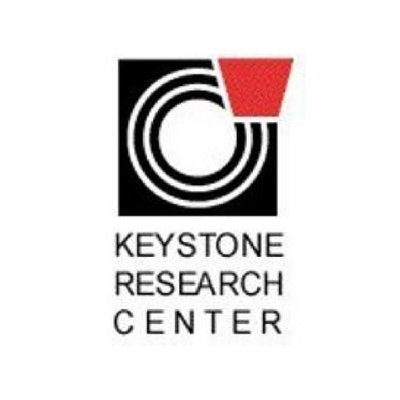Sep 30, 2019
Harrisburg – Attorney General Josh Shapiro announced charges against a Centre County contractor after a Grand Jury investigation found that he underpaid workers on Prevailing Wage projects totaling more than $64,000 in wages and benefits for at least five years.
Scott Cameron Good, 56, of State College, is the owner of Goodco Mechanical, Inc., a mechanical contractor based in Centre County who worked on public works projects in Clearfield, Centre and other Pennsylvania counties. Good was charged with Perjury, Tampering with Public Records, and False Swearing. Goodco was charged with Theft by Unlawful Taking, Deceptive and Fraudulent Business Practices and related charges.
The charges are the result of a 21-month Statewide Grand Jury investigation that originated from allegations of theft of wages and benefits from employees on a $16 million public works project in Clearfield County for the Pennsylvania Department of Transportation in 2014. The investigation found that Good and Goodco violated prevailing wage laws by underpaying wages and claiming unlawful benefits credits on the Clearfield County PennDOT project, as well as other prevailing wage projects since at least 2010.
Scott Good previously worked as Vice President for Allied Mechanical and Electrical, Inc. In 2006, the company was found to be in violation of Pennsylvania prevailing wage laws and was sanctioned by the Pennsylvania Department of Labor and Industry for the same practice that he is accused of operating at Goodco.
“Pennsylvania’s prevailing wage laws are designed to protect workers and ensure an even playing field in the bidding process for government contracts,” said Attorney General Josh Shapiro. “The defendants are charged with violating these laws and cheating our hardworking laborers out of thousands of dollars in wages and benefits. Scott Good already knew that his conduct was illegal because his former company was sanctioned for similar violations more than a decade ago, yet he brazenly flouted the law again and continued the scheme at Goodco. I’m proud to work with Clearfield County District Attorney William Shaw Jr. to put a stop to this theft and stand up for workers.”
“Clearfield County laborers deserve to be paid fairly for their hard work,” said District Attorney William Shaw, Jr. “The defendants allegedly took advantage of their workers and violated prevailing wage laws by operating a misclassification scheme inside the company. My office will work alongside the Attorney General’s Office to hold Scott Good and Goodco accountable for their crimes and deliver results for the workers he underpaid.”








